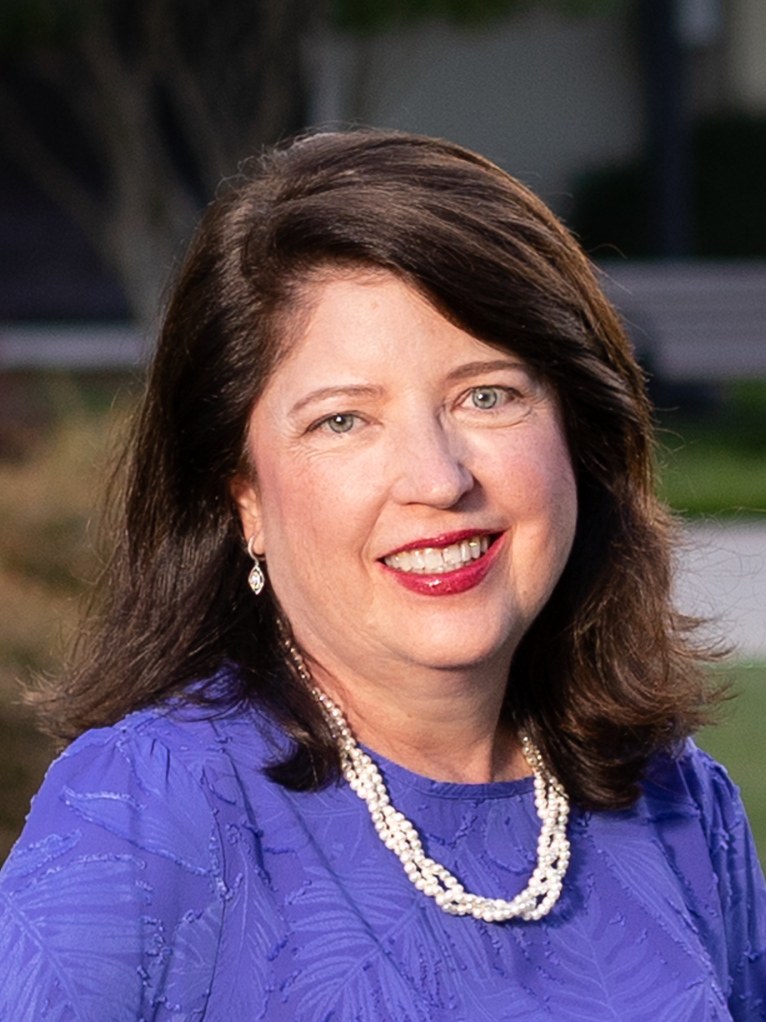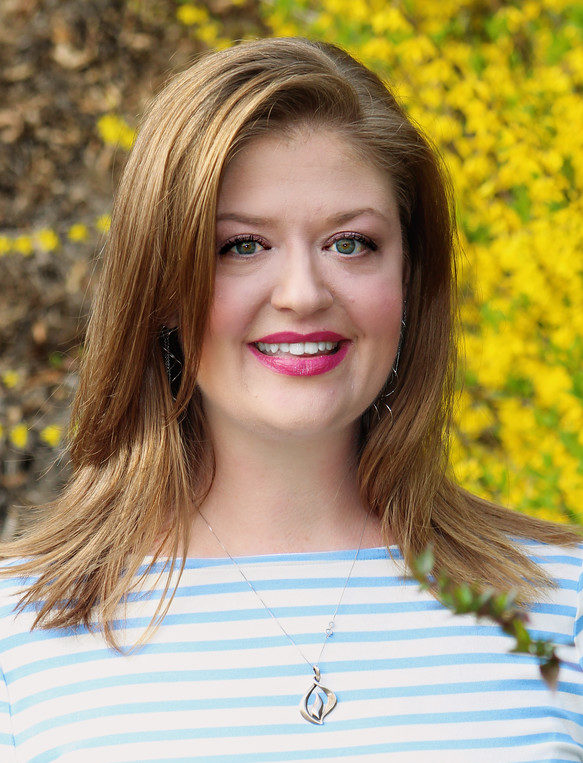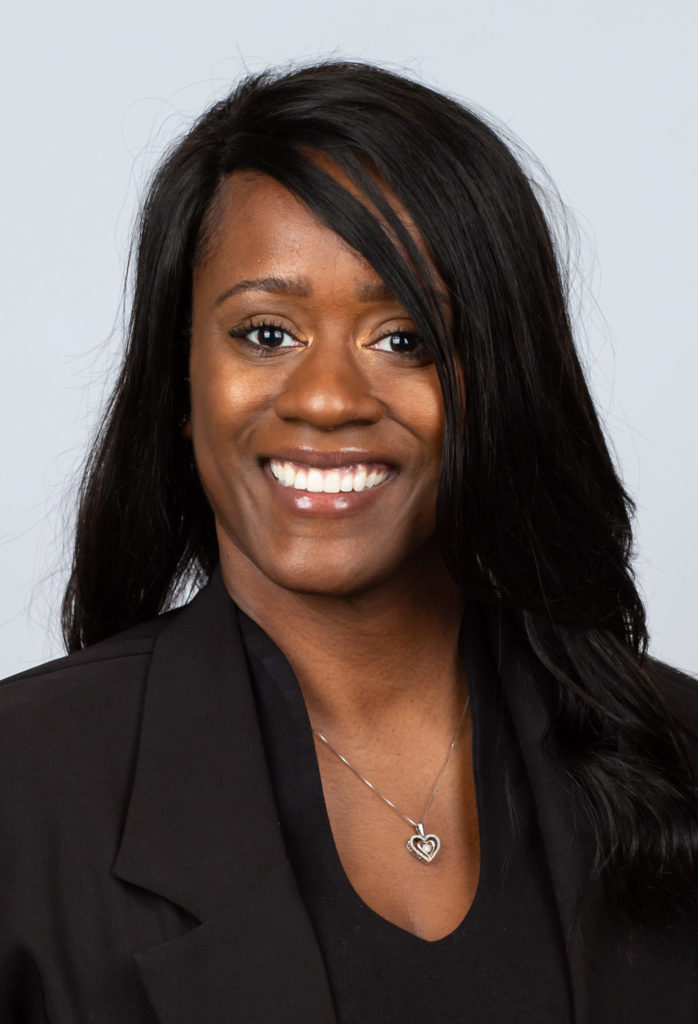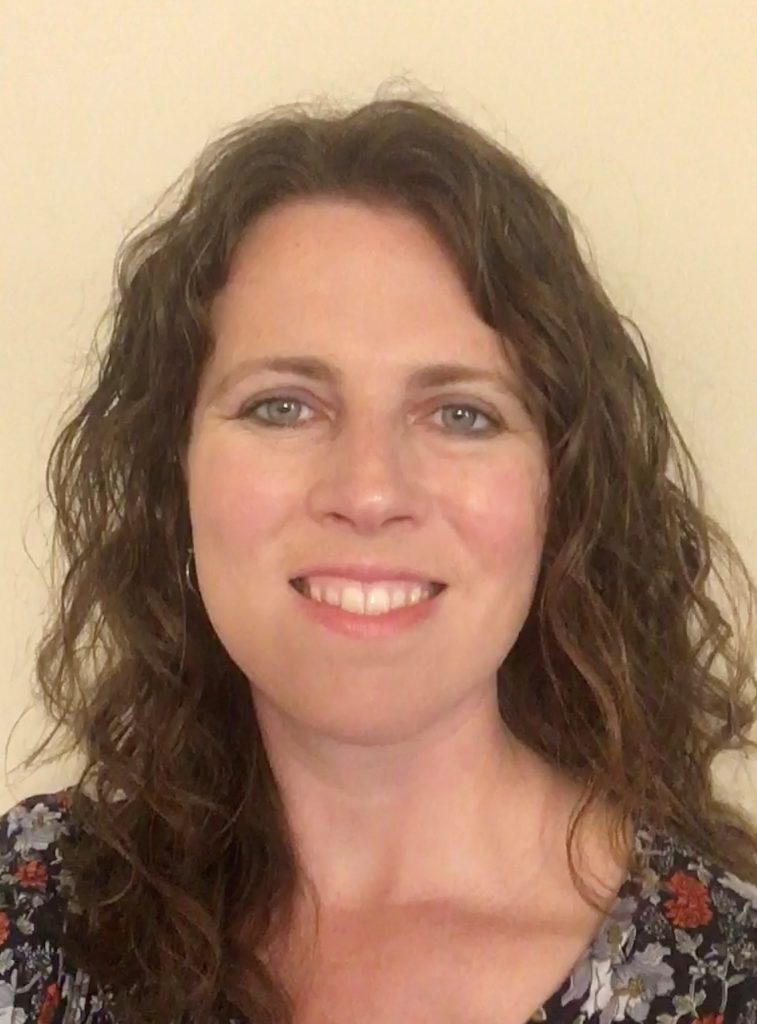Since the early 2000s, students in Mercer University’s McAfee School of Theology have been discovering the meanings behind dreams through a popular elective course.
Spiritual Care Through Dream Interpretation is taught by Dr. Denise Massey, associate professor of pastoral care and counseling, and the curiosity factor draws students to it every year.

“When I think about practicality, it lands in my top two classes,” said the Rev. Nikki Hardeman, a 2005 graduate and McAfee’s director of outreach and alumni relations. “The way that Dr. Massey teaches it, it’s very interactive. People bring in the real dreams they are having, and they work on them. I continue to enjoy doing dream work. I’m always grateful I took that class.”
The interpretation of dreams is a unique skill that goes hand-in-hand with self-awareness and self-management, and it can be an important resource for pastors in their own ministries and for spiritual growth, Dr. Massey said. Dreams and the symbols within them give ideas about what needs attention in a person’s life. Pastors with experience interpreting dreams can guide others in discovering what changes might be needed.
Students in the course learn the principles of dream interpretation and how to use a four-step process, which they practice with partners and together as a class before giving a skill demonstration at the end of the semester. The class also covers how to start and run a dream interpretation church group.
“It’s a tool that’s really reliable, and once you learn it, you can use it for the rest of your life,” said Dr. Massey, who has also led retreats and Sunday school classes about dreams.

The classes are kept small, normally eight to 12 people, since students share personal details about their lives. Students are sometimes skeptical about dreams communicating messages, but they start to open up to the idea after learning the theory and hearing a few of Dr. Massey’s stories. They tend to be surprised at how clearly their dreams talk about what’s going on in their lives.
“The dream is a picture using symbols and plot of what’s happening in your own inner life and your own inner world,” she said. “The title of interpretation for the course is very accurate. It’s like learning to speak a different language.”
Dr. Massey always tells her class about a dream she had where she was driving down a long road away from her workplace and ran out of gas. This was during a time when she was in a position that she needed to leave but was conflicted because of her loyalty.
She said the dream was telling her that she was stuck and needed to decide whether to go or stay. Running out of gas symbolized that she was letting the situation drain her energy, and she needed to stop to take care of and recharge herself.
“That’s how dreams work. They’re sometimes really beautiful, clear images. Sometimes they carry puns. You can look in the mirror and see what’s happening in your own life,” she said. “While dreams do tell us what needs changed and they give us new information, they never give us more than what we’re ready for.”

The Rev. Tiffany Burch, a McAfee Class of 2020 graduate and youth minister at Wieuca Road Baptist Church in Atlanta, took Dr. Massey’s course this past spring because she wanted to understand the purpose of dreams and the stories they tell. She liked that it hit on the spiritual as well as psychological side of dreams. The class inspired her to begin researching the role of dreams across different cultures, and she hopes to one day write a book on this topic. She would like to start a dream group at her church.
“Dreams are in the Bible. God reveals many things in dreams,” she said. “Even if you don’t believe in a higher power, our subconscious speaks to us. If you ignore those things, you ignore an opportunity to grow.”
During the spring semester, Burch kept having dreams themed around letting go. She said she realized through the course that she was having difficulty processing that it was her final semester. She was mourning the fact that she didn’t get the closure of saying goodbye to her Bear family because of COVID-19 restrictions.
Hardeman said she has always had scary dreams, and the class helped her to understand what they mean. She has found the four-step interpretation process to be very useful and uses it in her own spiritual practices to this day.
Hardeman and the Rev. Amy Shorner-Johnson, a fellow 2005 McAfee graduate, were often partners during the dream interpretation class, and they still share their dreams with each other and work through them together.

Dream interpretation has continued to be a part of Shorner-Johnson’s work and life since she took the course. While an associate pastor in Athens for five years, she regularly met with an Episcopal dream group, which she found to be “incredibly transformative.”
She still uses dream interpretation for her own spiritual direction and keeps a dream journal, and that insight carries over into her studies for the spiritual direction program that she is currently enrolled in. She has presented workshops and classes on dream interpretation at Elizabethtown College, where she is now chaplain and director of religious life, and sometimes works individually with students who express interest in dream work.
“Dr. Massey’s class opened the door for understanding dreams can be sacred gifts,” Shorner-Johnson said. “The more time I spent investing in the work, it further revealed to me dreams are meant to heal, guide and sustain us, and I really do believe they are gifts from God. I think even just the telling of the dream can be important.”








